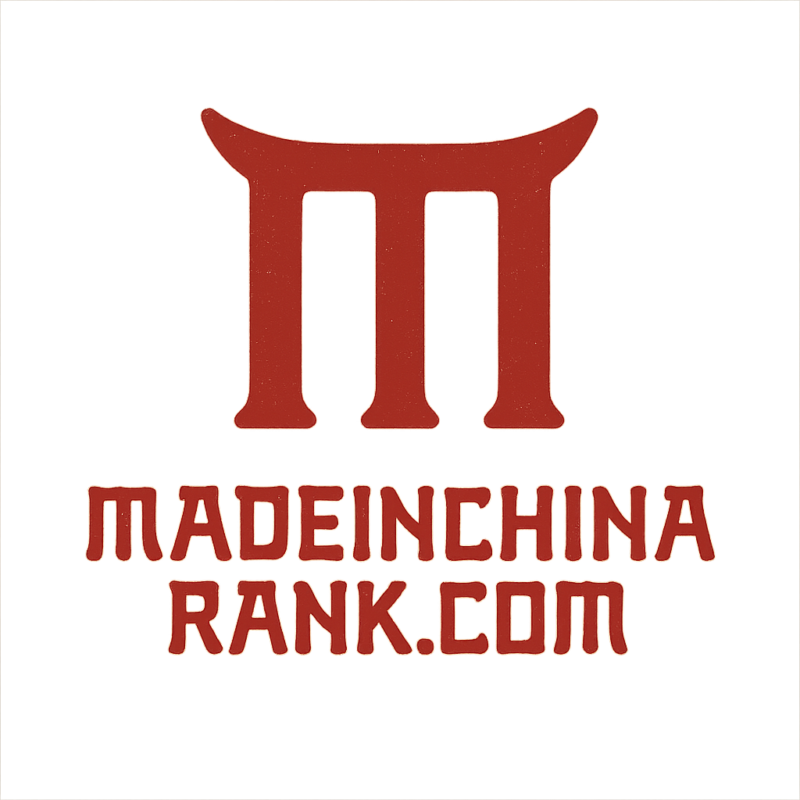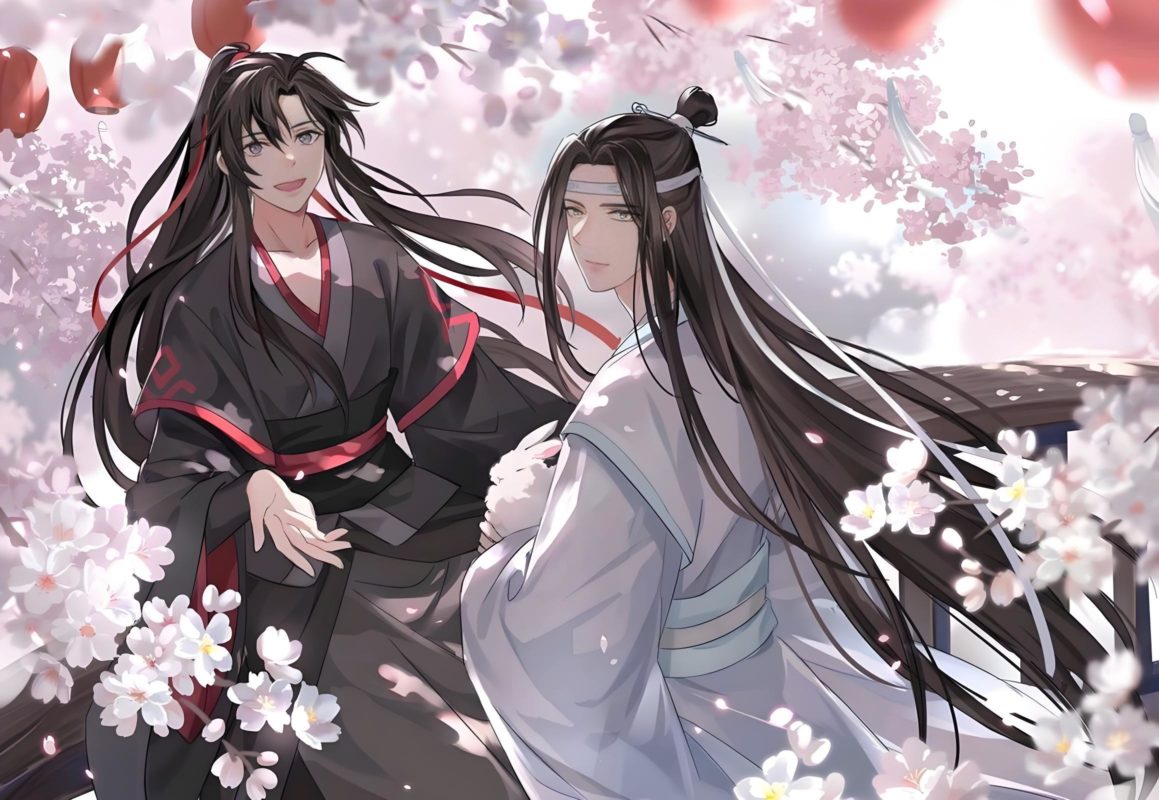1. Origins and Background: The Seed of a Cultivation Epic
In a landscape of xianxia fiction—where cultivation, immortality, ghostly forces, and moral complexities intertwine—《魔道祖师》 emerges as a literary phenomenon, originally serialized online by author 墨香铜臭 (Mo Xiang Tong Xiu), whose ability to breathe life into morally gray warriors and weaving multiple timelines set the work apart from its peers; it launched in 2015, rapidly gaining traction for its bold narrative decisions and evocative emotional arcs, ultimately blossoming into multiple adaptations, including an animated series (donghua), a live‑action drama (The Untamed), audio dramas, and an international fanbase whose dedication bridged cultural and linguistic boundaries.
The narrative’s origin lies not in heroic saints or righteous sects, but with Wei Wuxian, later known as the “Yiling Patriarch”, whose early reputation as a brilliant cultivator in the prestigious Lanling Jin Clan sets the stage for a story that will challenge conventional definitions of morality in a world where ghosts walk, spirits can be controlled, and the path to peace may demand sacrifices not everyone is prepared to make.
2. The Rise of Wei Wuxian and the Dark Artifact
Talent, Friendship, and Rebellion
Wei Wuxian was known from his teenage years for his quick wit, charisma, and unparalleled talent in cultivation techniques—particularly the Sunshot Saber and later, the forbidden Demonic Path—a technique that used corpses and malevolent spirits to aid in fighting evil, forcing him down a controversial, solitary path even as he forged deep bonds with figures like Lan Wangji, a stoic genius from the esteemed Lan Clan, whose sense of duty and moral clarity balanced Wei Wuxian’s irreverent energy.
The Tragedy of the Wen Clan and the Turning Point
The narrative pivots dramatically when an insidious curse befalls the Wen Clan, and Wei Wuxian—driven by a sense of justice and urgency—takes on the curse using his demonic cultivation without permission, unleashing a chain of events that leads to catastrophe, fear, and his eventual downfall: as rumors swirl that monsters or dark spirits roamed unchecked, Wei Wuxian disappears in a blaze of scandal, only to reemerge later darker, more powerful, and more conspicuous, forcing the traditionalist world to brand him as a dangerous figure.
3. Death, Rebirth, and an Unlikely Return
The Event of Yi City and Apparent Demise
In a dramatic climactic sequence, Wei Wuxian confronts massive devastation at Yi City, where heaven and earth seem to conspire against him, as flame and shadow converge, resulting in his apparent death at the hands of both extremists and misguided allies—his sacrifice marking the end of an era, his being lost to legend and mourned by only select survivors who remembered his complexity, genius, and tragic fall.
Reincarnation into Mo Xuanyu’s Body
Years later, the story takes an astonishing turn: Mo Xuanyu, a terrified and desperate man, performs a soul sacrifice ritual that calls Wei Wuxian’s wandering spirit back into his own body in an attempt to seek vengeance, only to invite chaos. Reborn in this unfamiliar, fragile vessel, Wei Wuxian becomes a wandering, mysterious figure once more, summoned—or perhaps summoned by fate—to align with figures he once knew.
Rekindled Bonds with Lan Wangji
One of the most compelling arcs is his reunion with Lan Wangji, who initially approaches Wei Wuxian with restraint, suspicion, and rigid ideals, only to rediscover what lay beneath: the passionate, mischievous, and righteous soul of a friend he thought lost. Their interactions—and the way Lan Wangji softens over time, honors the past they shared, and becomes an anchor for Wei Wuxian’s second life—imbue the story with depth, emotional resonance, and a sense of ethical contrast that extends beyond any romantic interpretation.
4. Unraveling Mysteries and the Reactive Power of Innocents
Dark Secrets of the Qishan Wen Clan
As Wei Wuxian steps back into the world, he finds himself pulled into unraveling the truth behind the Wen Clan’s demise: what seemed like supernatural possession or torment reveals instead layers of political manipulation, power struggles, betrayal, and sacrificial cult rituals, and his involvement forces him to confront the potential horrors one name, one reputation, can conceal—and the lengths that powerful families or sects will go to maintain illusions of purity.
The Ghost Sweeper, the Serif, and the Underworld Bridge
In a broader arc, Wei Wuxian delves into outlying cases—ghost haunting, spirit possession, and inexplicable public disturbances—only to uncover that many are —if not manufactured—then influenced by ancient resentments, unseen cults, or even remnants of his own former actions; his desire to help those tormented by unseen forces becomes not just redemption but a quest to restore clarity and peace through compassion, unconventional means, and a refusal to give in to fear.
5. Wei Wuxian at His Best: Commanding the Spirit Path Again
Pragmatism over Piety
Though the world largely rejects or fears him, his mastery of the Spirit Path allows him, paradoxically, to become the only cultivator capable of dealing fairly and effectively with spirits who are neither wholly benevolent nor malevolent, addressing the needs of those who remain unseen by traditional sects—and doing so with humor, wit, and an unwavering belief in protecting the weak and innocent.
Symbolic Power in Subversion
Each intervention—from saving a supposedly mad child tormented by ghosts to confronting sect hierarchies that prefer blind fear over real solutions—paints Wei Wuxian not just as a powerful cultivator but as a philosophical disruptor, whose rebellion against moral absolutism and ritualized dogma challenges the world’s foundations, pushing characters and readers alike to question what true righteousness entails.
6. Romance, Redemption, and Shared Destiny
Emotional Depth and Mutual Respect
While some accounts focus narrowly on details of romance, at its core the relationship between Wei Wuxian and Lan Wangji transcends superficial romance and becomes a meditation on mutual understanding, steadfast loyalty, and shared destiny; every ritual quiet touch, every protective glance, every moment of silent recognition grounds their journey in intimacy, trust, and a defiance of convention that not only redeems both souls, but reorients the moral compass of the entire cultivation world around them.
Triumphant Return to the Capital and Vindication
As they work through ghostly threats, social tensions, and personal histories, exploitation by villains, and rising threats tied to both political ambition and ancestral debt, the pair—backed by a small circle of loyal allies—maneuver methodically toward the Gusu Lan Sect and the Jin Clan’s capital, where Wei Wuxian’s reputation is finally reframed, old conspiracies are revealed, and his sacrifice becomes not a mark of shame but a symbol of courage—cementing his return in both public perception and historical record.
7. The World Reforged: New Order and Lasting Legacy
A World Changed by Understanding
By the end, the cultivation world—often governed by lineage, decorum, and spiritual hierarchy—shifts. Ghosts and spirits are not objects of terror, and alternative methods of conflict resolution gain dignity. Lan Clan’s adaptation, Wei Clan’s reorientation, and the broader sects’ willingness to confront hidden wrongs reflect a slow but meaningful evolution toward clarity, compassion, and accountability that Wei Wuxian catalyzed through his courage, vulnerability, and unconventional brilliance.
Memory, Legend, and Infinite Stories
Though the story reaches a point where ghosts have fewer terrors to hide behind, and sects begin to accede to humility over doctrine, the tale of Mo Dao Zu Shi becomes legend—written about, dramatized, spoken of in hushed reverence, and cherished as an example of how one individual who defies expectations, cultivates compassion in darkness, and refuses to stay extinguished can, through friendship, resilience, and a willingness to confront the unknown, change the world and leave an enduring legacy that whispers, long after the last chapter, that love, laughter, and clever defiance will always outlive fear.

